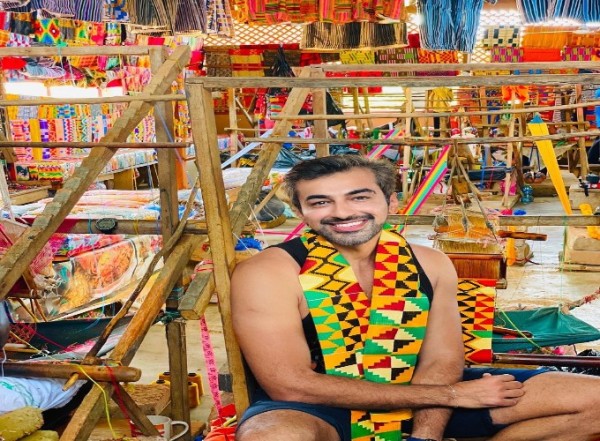Western Region
Western Region - A Historic and Cultural Gem of Ghana
Overview
The Western Region of Ghana is a coastal treasure known for its rich history, breathtaking beaches, lush forests, and vibrant cultural heritage. As one of Ghana’s most diverse regions, it boasts historic forts, traditional fishing villages, and a booming oil and cocoa industry. The region’s capital, Sekondi-Takoradi, is a dynamic city blending colonial history with modern development.
Historical Significance
Western Region played a crucial role in Ghana’s colonial history and the transatlantic slave trade. Several European powers, including the Portuguese, Dutch, British, and Swedes, built forts and castles along its coastline to control trade in gold, ivory, and enslaved people. Today, these historical sites stand as powerful reminders of the past and are significant UNESCO World Heritage Sites.
Key Historic Attractions
- Fort Metal Cross (Dixcove) – Built by the British in 1692, this fort played a major role in the gold and slave trade.
- Fort Batenstein (Butre) – Originally built by the Dutch in 1656, this fort served as a key trading post.
- Fort Apollonia (Beyin) – Constructed by the British in the 18th century, this fort now houses a museum showcasing local history.
- Nzulezu Stilt Village – A fascinating community built on stilts over Lake Tadane, reflecting the resilience and ingenuity of its people.
- Bonsu Eco Park – A lush natural reserve showcasing the biodiversity of the region.
- Busua and Axim Beaches – Once key trading points during colonial times, these beaches now offer a relaxing escape.
Cultural Heritage
Western Region is home to the Ahanta and Nzema ethnic groups, known for their vibrant festivals, rich oral traditions, and unique drumming and dance performances. Festivals like the Kundum Festival celebrate the region’s deep cultural roots and bring communities together through traditional music, dance, and storytelling.
Modern Development
Beyond its historical significance, the Western Region is also Ghana’s oil and gas hub, contributing significantly to the country's economy. The bustling twin cities of Sekondi-Takoradi are a center for trade, business, and tourism, attracting visitors with their lively markets and historical landmarks.
Best Time to Visit
The best time to explore the Western Region is during the dry season (November to April) when the weather is ideal for sightseeing and beach activities.



